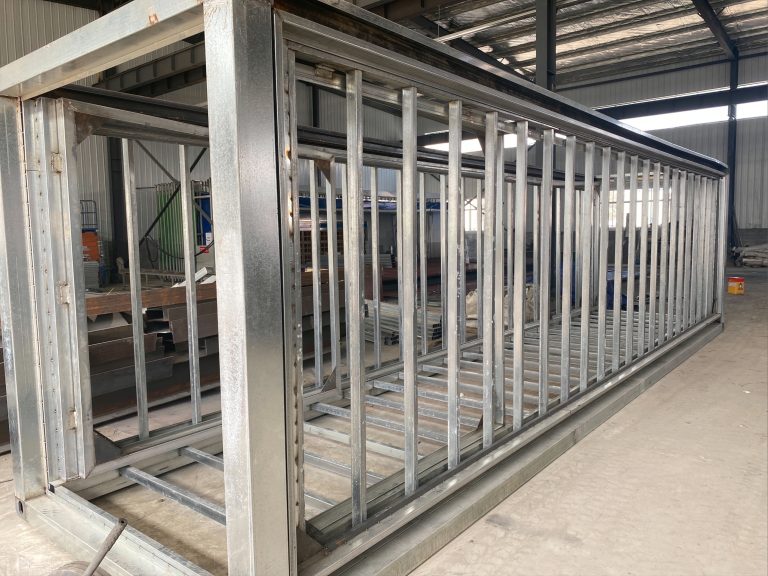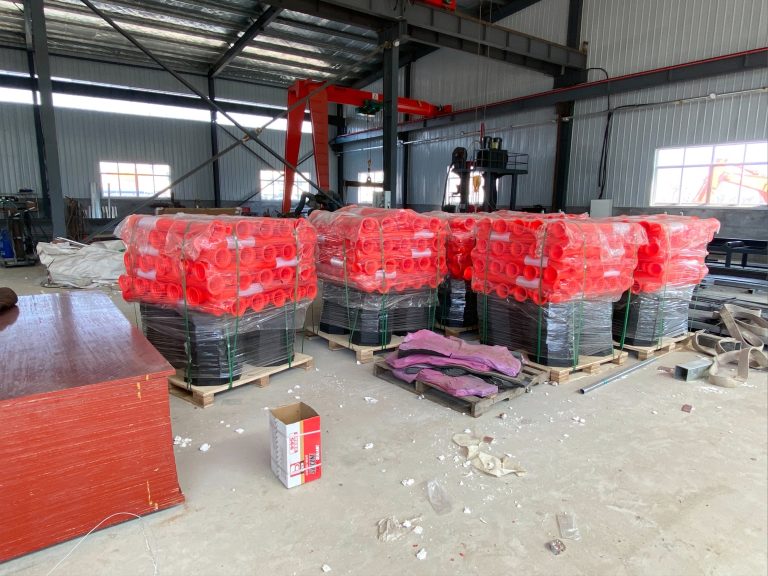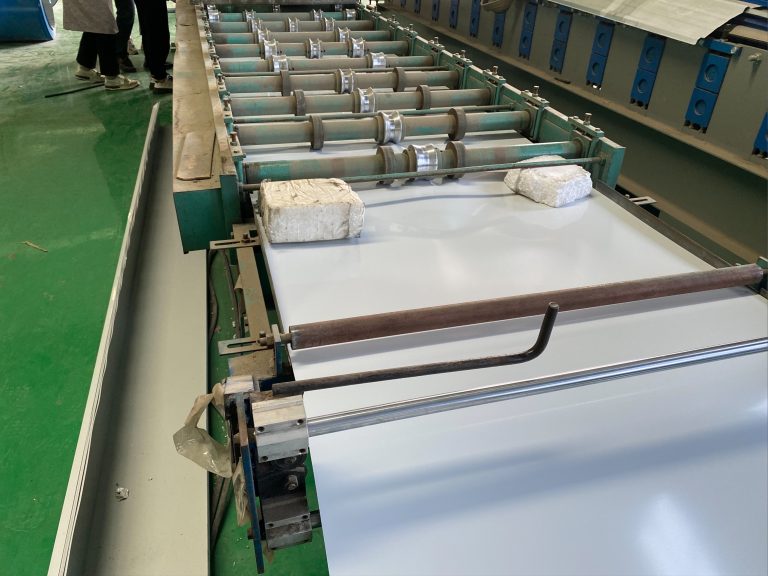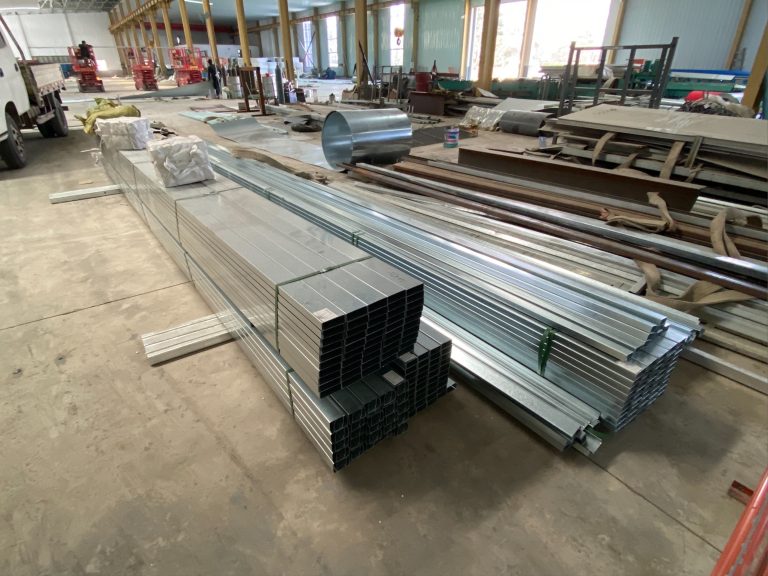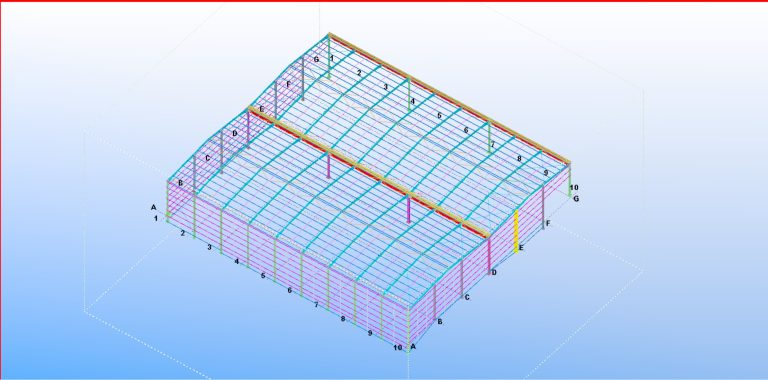Maintenance Tips for Chicken Farm Buildings
Regular Cleaning and Sanitization
Maintaining a clean and sanitary environment is crucial for the health and well-being of your chickens. Regular cleaning and sanitization of chicken farm buildings are essential to prevent the spread of diseases and ensure optimal conditions for your flock. In this article, we will discuss some maintenance tips for keeping your chicken farm buildings clean and sanitary.
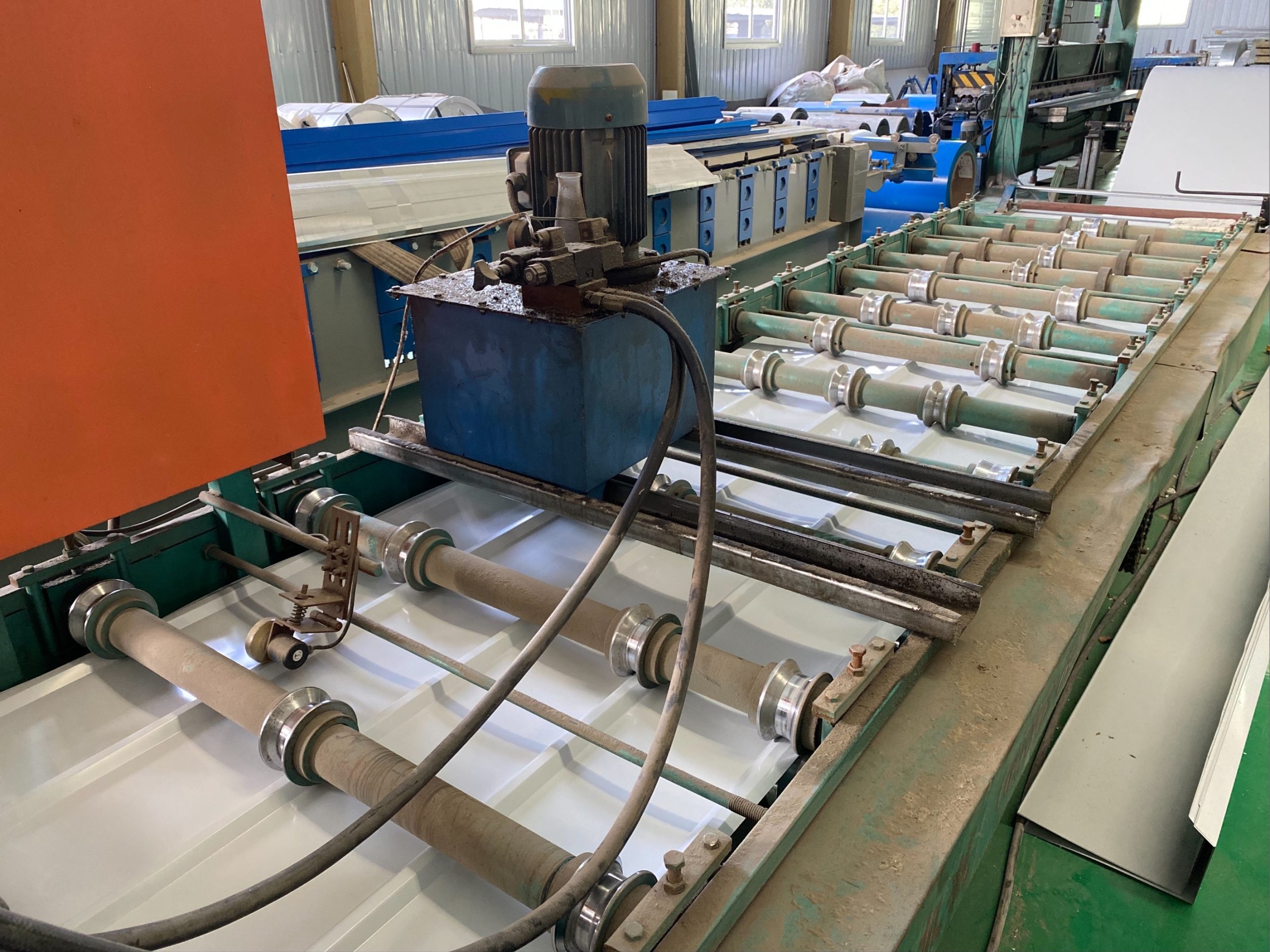
One of the most important aspects of maintaining a clean chicken farm is regular cleaning. This includes removing any debris, such as old bedding, feed, and droppings, from the chicken coop and surrounding areas. It is recommended to clean the chicken coop at least once a week, or more frequently if necessary. This will help prevent the buildup of bacteria and parasites that can harm your chickens.
In addition to regular cleaning, it is also important to sanitize the chicken coop on a regular basis. This involves using a disinfectant to kill any harmful bacteria and viruses that may be present in the environment. There are many different types of disinfectants available, so be sure to choose one that is safe for use around chickens. Follow the manufacturer’s instructions for dilution and application to ensure effective sanitization.
When cleaning and sanitizing the chicken coop, be sure to pay special attention to areas where bacteria and parasites are most likely to thrive. This includes areas where feed and water are stored, as well as nesting boxes and roosting areas. These areas should be cleaned and sanitized regularly to prevent the spread of disease.
Another important aspect of maintaining a clean chicken farm is proper ventilation. Good ventilation is essential for removing excess moisture and ammonia from the air, which can lead to respiratory problems in chickens. Make sure that your chicken coop has adequate ventilation, such as windows, vents, or fans, to ensure a healthy environment for your flock.
In addition to regular cleaning and sanitization, it is also important to practice good biosecurity measures on your chicken farm. This includes limiting access to the farm to only essential personnel, as well as disinfecting equipment and vehicles before entering the premises. This will help prevent the introduction of diseases from outside sources and protect the health of your flock.
It is also important to monitor the health of your chickens regularly. Keep an eye out for any signs of illness, such as lethargy, decreased appetite, or abnormal droppings. If you notice any of these symptoms, isolate the affected chickens and consult a veterinarian for proper diagnosis and treatment.
In conclusion, maintaining a clean and sanitary environment is essential for the health and well-being of your chickens. By following these maintenance tips, you can help prevent the spread of diseases and ensure a healthy environment for your flock. Regular cleaning and sanitization, proper ventilation, and good biosecurity measures are key components of a successful chicken farm maintenance plan. By taking these steps, you can help keep your chickens healthy and thriving for years to come.

